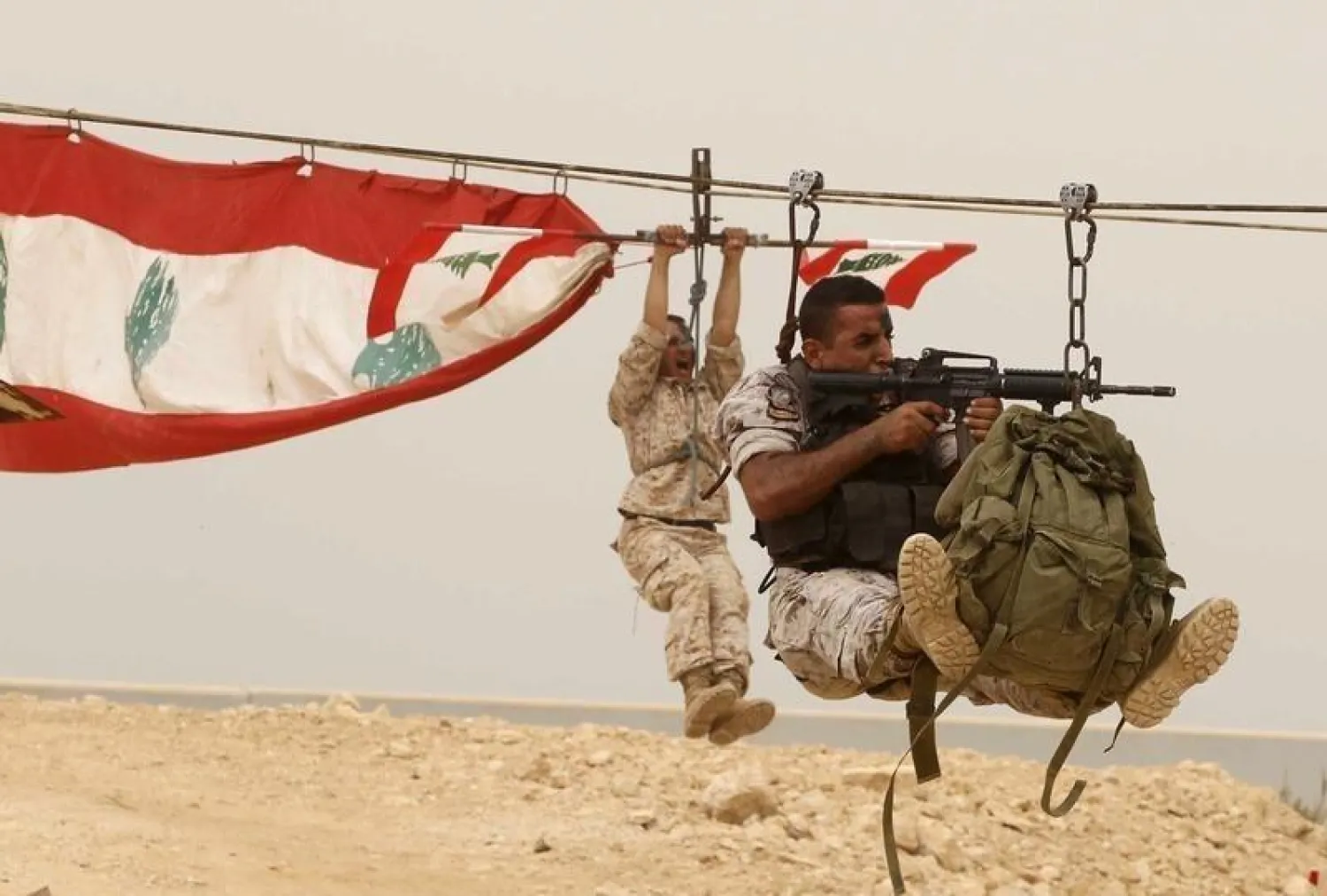Less than a year after the so-called military school scandal, when money was paid for the entry of officers in the ranks of the Lebanese Army, reports emerged about military personnel forging university diplomas in order to obtain promotions.
The relevant cases were referred to the investigation in order to prosecute those involved in the forgery, including university professors, students and soldiers.
Minister of Education in the caretaker government Marwan Hamadeh announced that he was following up cases of diploma forgery, noting the involvement of two or three universities. According to available information, around five soldiers were arrested for buying their certificates in return for thousands of dollars.
However, military sources told Asharq Al-Awsat that one soldier was arrested, along with a number of professors, who are being subject to investigations. The sources noted that the case was related to forging a bachelor’s degree, adding that other employees might also be summoned by the ministry of education.
According to judicial sources, the case is in the preliminary investigation stage and is handled by the army intelligence under the supervision of State Prosecutor Samir Hammoud.
MP in the in the Baalbek-Hermel parliamentary bloc and a member of the National Defense Committee, retired Brigadier Walid Sukkarieh, expressed confidence in the ability of the army leadership to pursue those involved. He told Asharq Al-Awsat that forgery for special benefit was classified as “heinous crimes”, and its punishment was no less than the soldier’s expulsion from the army.
According to Sukkarieh, the purpose of the forgery was getting a promotion, which is accompanied by a raise in the soldier’s salary. However, he stressed that the Defense Law did not provide for the military rank promotion on the basis of obtaining a university degree or even a doctorate.
Retired Brigadier Nizar Abdel-Kader said that the university degree might contribute to a soldier’s promotion, provided that he sit for an exam.
In remarks to Asharq Al-Awsat, Abdel-Kader noted that there were certain criteria that play a key role in the promotion, without the officer being subjected to an exam. Those include a decision by the army leadership and the factor of sectarian distribution, he said.









